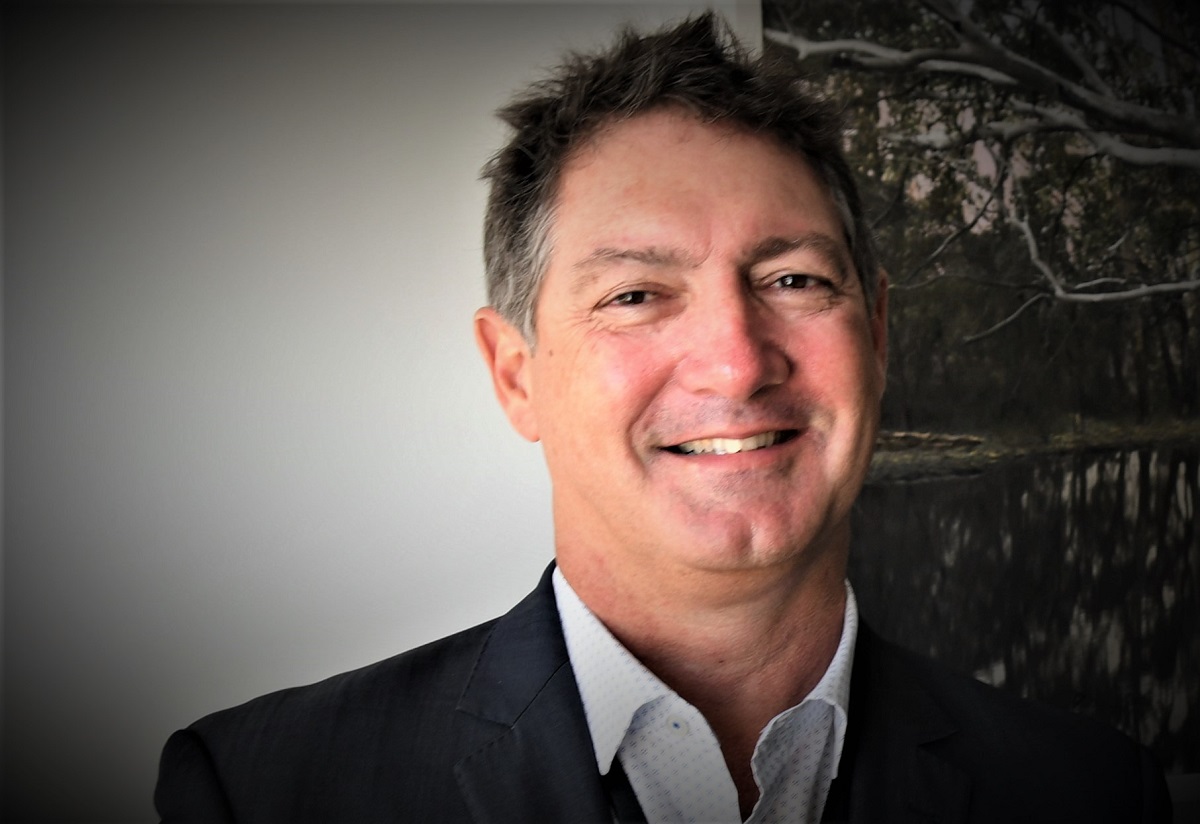
Flinders University is poised for a new era of international success as a leader in health and medical research thanks to its brave commitment to increase funding and physical resources, according to Professor Peter Eastwood, the new Director of Flinders Health and Medical Research Institute (FHMRI).
Coming from the University of Western Australia and Sir Charles Gairdner Hospital in Perth, Professor Eastwood has noted and been impressed by Flinders’ recent performance in a difficult era for higher education institutions.
“All Australian universities are being challenged financially, on many levels – by COVID-19 disruptions, decreased international students and associated fees, changing Government funding models and changing research funding models – and my view is that Flinders is in a strong position to move forward, having already undertaken the difficult tasks of organisational restructuring and priority setting,” he says.
His confidence is bolstered by the recent announcement of an additional $100 million investment in research over five years – one of the core elements of Flinders University’s strategic plan Making a Difference: the 2025 Agenda.
“Universities are struggling to find the funds to invest into health and medical research, and it’s here that Flinders distinguishes itself from most other universities across Australia by committing funds to increase its research quantity and quality, and focusing on internationalising its research.”
An important physical symbol of this commitment will be a new Health and Medical Research Building as the centrepiece of the new Flinders Village development, which will start construction before the end of 2021.
“This provides additional opportunity for Flinders to have an increased National and International profile in health and medical research,” says Professor Eastwood. “Much work has already been done to develop a cohesive vision of FHMRI being a multi-disciplinary research institute with a broad focus on health and medical research – by Jonathon Craig, Ross McKinnon, Carmela Sergi, Rob Saint and Vice-Chancellor Colin Stirling, and many others. I look forward to acting on this vision by supporting and enabling our researchers to undertake internationally recognised, impactful health and medical research.”
“I see this as the cusp of a new era of possibilities at Flinders.”
Professor Eastwood, who is also a Matthew Flinders Fellow and Dean of Research for the College of Medicine and Public Health, says his immediate tasks are to assess the strengths of current research activities across the university and its partners, such as SAHMRI and Flinders Medical Centre (FMC), before working with researchers and clinicians to identify new research opportunities.
“I am keen to grow and support existing areas of strength, identify areas of strategic importance, and recruit internationally to build our areas of expertise,” he says.
“I am passionate about increasing the effectiveness of the working relationship between researchers and clinicians – which means really strengthening the relationship between FMC and the university through FHMRI. To drive growth in this area it is essential that each contributor recognises that they have different roles to play in these collaborations, so that all parties play to their strengths and all come together to achieve great results.”
Professor Eastwood says the co-location of the university, FMC, the new Flinders Village development and the private hospital is a huge strength – and the new research facility will provide a unique way for researchers to directly engage with the community. “Flinders station represents a new entry point to the university for the South Australian community – one of the first buildings that people will see when they leave the station will be the Health and Medical Research Building. “This makes a powerful statement about the University’s commitment to health and medical research.”
While the new building represents an exciting future, Professor Eastwood says that in the meantime, there’s much work to be done in growing new networks, supporting existing areas of research strength, identifying new research areas, and defining the culture, character and priorities of FHMRI and its research programs.
Having settled with his wife in Adelaide – arriving in January from Perth after COVID-19 border disruptions late in 2020 – Professor Eastwood is also excited that his new roles will complement his own research strengths, being sleep disorders, for which Flinders is already globally renowned, and respiratory disease.
The FHMRI research program leads, who will work with Professor Eastwood in key areas of research expertise, are:
- Aboriginal and Torres Strait Islander Health: Associate Professor Tamara Mackean
- Eye and Vision: Professor Jamie Craig
- Health Data Science: Professor Derek Chew
- Heart and Vascular: Associate Professor Anand Ganesan
- Mental Health: Professor Malcolm Battersby
- Neuroscience: Professor Karin Nordstrom
- Primary Care: Professor Richard Reed
- Sleep Health: Professor Danny Eckert
- Social Determinants: Dr Annabelle Wilson and Dr Toby Freeman
- Infection and Immunity: Professor Geraint Rogers
- Rural and Remote: Dr Vivian Isaac
- Healthy Ageing: Associate Professor Kate Laver and Professor Maria Crotty
- Cancer: Associate Professor Michael Michael

